AudioCulture
The noisy library of New Zealand music
Te pātaka korihi o ngā puoro o Aotearoa
Concord Dawn
Originally a production duo comprising Evan Short and Matt Harvey, Short left in 2008 to focus on other studio and band commitments while Harvey continues producing and DJing under the Concord Dawn moniker.
Where the precursor of drum and bass, and jungle, was born of UK rave culture and Jamaican dub and dancehall influences – a sound owing more to King Tubby than Kreator – Concord Dawn exemplifies the harder, darker, more technically precise music that drum and bass evolved into.
The frenetic ‘Morning Light’ encapsulates that sound, and I distinctly remember the first time I heard it played, by British DJ and production duo Bad Company at a gig in Melbourne. The buzzsaw bassline shook the venue so hard it blurred my vision. It was the tune that put them on the map globally in 2003, after UK DJ Digital was handed a copy while watching the cricket at their Auckland flat after a New Year’s Eve gig. He would later sign it to his label Timeless Recordings.
That year, prior to the release of their most successful album Uprising, Concord Dawn had already sold over 50,000 records, making them one of New Zealand’s highest selling musical exports of 2003 outside of The D4, Hayley Westenra and The Datsuns. The success of ‘Morning Light’ was followed by a third album, Uprising, which reached platinum sales in New Zealand.
Darryl McGown, aka Bass Frontiers promoter and DJ D-Dog, observes “Concord Dawn pretty much took drum and bass mainstream in New Zealand. They were the first local drum and bass artists to do proper music videos on C4, Juice etc, and they regularly played big festival stages. They went on to get signed to Metalheadz, Hospital, and Ram Records, which are the biggest labels in the drum and bass game, and this was seen as a massive achievement at the time. Before that drum and bass had been seen as London centred, but it was around the same time Marky [Brazillian DJ and producer] and Pendulum [former Australian band and now DJ duo] blew up, so drum and bass was developing into a massive global scene producer-wise, rather than just crowd-wise as it had been."
After first meeting while at intermediate school, Short and Harvey’s love of hair-metal bands led both to pick up instruments. They lost touch, reuniting later at MAINZ audio engineering school in Auckland. Discovering outdoor raves and warehouse parties, they got their first taste of going out and hearing loud bass music.
Both followed a long line of local metallers turned bass heads.
Though Short continued to play in metal band Day One until late 2002, both followed a long line of local metallers turned bass heads, including Geoff Wright (DJ Presha), Dylan C (Base FM), Simon Swain (Obscure/LRS) to name but a few, and they began producing electronic music.
FuZen Entertainment owner and former Subtronix promoter Dave Roper remembers, “Pre-Concord Dawn blowing up internationally, Matt and Evan would volunteer to help EQ the in-house sound system at The Ministry nightclub on Albert St and they’d get that somewhat substandard sound system sounding better than anyone else could. I knew then that they had the best ears in the country to get drum and bass sounding like it is meant to.
"It was not long after that their tunes were making waves overseas. Before Concord Dawn, New Zealand was known for its passionate and knowledgeable gig attendees, rather than producers. Concord Dawn made the global drum and bass heads realise that New Zealand was a place to find quality drum and bass producers, and soon after more local producers were picked up by overseas labels. They paved the way for New Zealand producers to gain success internationally.”
They embarked on a seemingly never-ending world tour, though surprisingly Concord Dawn has never toured as a "live" show, preferring a DJ set. Perhaps even more surprising, while still a duo, Concord Dawn only toured once as a pair (an Australasian Big Day Out tour in 2006), preferring “the one man DJ mission”. In an interview on the Broken Beats website Harvey said, “I don’t really consider an act to be live unless the drums are live. Are you going to tell me someone is playing all the drums in real time on a keyboard? Don’t make me laugh ... so, yeah, the way Shapeshifter do it is pretty cool.”
The “one man DJ mission” became even more entrenched in 2008, when Short left Concord Dawn. Based in Auckland, he now plays in death/post-thrash metal band Subtract, as well as five-piece Cobra Khan, with Harvey having set up Concord Dawn HQ in Vienna, Austria.
Speaking to him from there, I ask how the pair came to such a democratic arrangement when Short left the duo. Harvey replies, “We’re both reasonable men, and have been friends for a very long time.” When I ask how what he produces now differs from when Concord Dawn was a duo, he remains similarly tight-lipped, stating, “It’s evolved, but it would have regardless I guess.” Harvey makes the fair statement that “it’s hard to compare what is, to what might have been”. In the scene, opinion is divided on Concord Dawn’s newer one-man productions, though consensus is that Harvey as a DJ is as consistent as ever.
I ask Harvey what he misses of New Zealand, now he is based in Austria. “I miss the beaches and the people, and also the fact it’s socially acceptable to be really, really drunk in New Zealand, which is always something I take advantage of when I get home. I also like Cheezels and Perky Nanas.” I also ask what he is most proud of with Concord Dawn. “Not dying or getting lost, only missing one flight so far, and never having to write music I don’t like.”
– Lewis Tennant
--
During his time in Vienna, Matt Harvey continued to fly the Concord Dawn flag, gigging heavily in Europe and flying back to New Zealand for the summer festival circuit every year. Vienna is a smart location for a drum and bass DJ, as the Austrian border hugs many Eastern European countries with big clubbing culture. Harvey told AudioCulture, “They would drive me home after the gig, to a different country.” Harvey, an avid traveller, took the Concord Dawn live set further afield with shows in China, Puerto Rico, Alaska and India.
Since 2012’s Air Chrysalis (Best Electronica LP at that year’s NZ Music Awards) the focus has been on singles and EPs, with the balancing act between making new music and touring often tipped to the latter. Due to a holdup with Concord Dawn’s royalty payments, Harvey was unable to take significant time off touring to record, and when he did, he was battling with a “terrible sounding room” in his small Austrian apartment, “a different ball game” from Concord Dawn’s studio on Waiheke Island. Despite the setbacks, Harvey crafted an impressive number of new tracks and EPs during this period.
His frequent gigs in Eastern Europe definitely influenced the output, with Harvey leaning into the “really heavy tech drum and bass” that was popular in the clubs. During this time, Concord Dawn released tracks with British outfits such as Blu Mar Ten, CIA and Commercial Suicide, as well as with European and American labels, among them Eatbrain Recordings and Warm Communications.
Harvey enjoys a variety of subgenres – tech, liquid, jungle, house, jump up – and was happy to experiment. A notable example was his foray into house under the name “Coldwater” with the EP Dirty Organs in 2015, released on Shadow Child and Kry Wolf’s label Food Music.
After 10 years of this lifestyle, Harvey was ready to come home.
During Harvey’s time in Vienna, he clocked hundreds of shows with his European booking agent, and after 10 years of this lifestyle, he was ready to come home: “I was stuck in a holding pattern … it was fun, but it wasn’t anything new.” Having ticked off many of his goals in music and travel (including eating many “exotic” meats – somewhat of a hobby for Harvey), he returned to New Zealand with his partner and new baby in 2016.
Back on home soil, Harvey took on the challenge of artist management and as of 2021, he manages Shapeshifter, Kora and Nick Dow. Upon returning, Harvey also resolved the issue with the Concord Dawn royalty payments, eventually being back paid for seven years of music play. As a result, he is now in possession of “the best studio I’ve ever had … it’s funny because I sit in there and mostly send emails.”
Despite his jests, the studio has been put to good use, notably in 2019 when Harvey and Evan Short reunited for the four track EP 1999. The title is an ode to the year the duo formed Concord Dawn, making it a 20-year anniversary release.
The project came around very organically when Harvey was visiting Short at his then-home of Rarotonga – Short’s partner was posted there for her work with the Ministry of Foreign Affairs and Trade. “We were just hanging out in Raro, I’ve been over there a couple times, just as his mate,” Harvey told AudioCulture. “We talked about drum and bass, we talked about it moving away from being hypnotic, trance, repetitive, drawing you in … Now it’s all about constant changes … [the] dopamine hit.”
The pair mused on the correlation between this trend in drum and bass, and the current age of information. “It’s to do with changes in drugs and people and information, there’s definitely a correlation there … these days [drum and bass] is like an action movie, Transformers or something … we wanted to do stuff that [demands] your attention … like watching a long panning shot in a horror movie.”
1999 was released in June 2019 with the label Commercial Suicide, with which Concord Dawn have had a long relationship. Speaking of the EP’s style in its official press release, Harvey noted, “‘Surgeon Wobble’ is a on a bit of a deeper tip, ‘1999’ has an old J Majik or Virus kind of vibe, and ‘Fenris’ is a bit more of a jungly/ravey affair. So there are a few flavours in there, but all referencing older drum and bass.”
The release was supported with a highly successful tour both in New Zealand and Rarotonga, warranting added shows at home due to popular demand.
2019 brought with it another milestone as Concord Dawn ticked off a significant show from their venue bucket list, the famous Fabric in London – voted the best club in the world in 2007 and 2008 by DJ Magazine. Ever the explorer, Harvey also tacked on shows in Prague and Budapest while he was in the neighbourhood.
Harvey still brings the Concord Dawn flavour to New Zealand’s summer festivals every year.
Harvey’s impressive studio is always available if inspiration strikes – as with 2020’s ‘On My Own’, released via Tenfold Records – but he is mostly “keeping it as a studio for new artists I’m managing”. Harvey still brings the Concord Dawn flavour to New Zealand’s summer festivals every year, and the 2020/2021 circuit was the busiest yet – Harvey recalls being offered 20 different gigs on one day. He sees the Coronavirus pandemic as one reason for the increased demand for local DJs, but also believes that drum and bass is experiencing a boom because listeners are moving over from dubstep. “For one reason or another, it seems drum and bass is the biggest it’s ever been in New Zealand.”
As of 2021, Harvey is enjoying being a manager, being a dad for two boys, and being in New Zealand. If he feels the pull to make new music, he will, but is not looking to force anything. “Drum and bass is interesting, but it feels like a puzzle I have already solved … being a manager and a dad is new to me.”
The same goes for further work with Short, who is now back in New Zealand – if it happens, it happens. “If we ever have a conversation again and we find something else interesting, philosophically, on which to write the music … but we’re also in slightly different places right now because of what we like in drum and bass.”
The reason Harvey and Short amicably parted ways in the first instance was due to different passions – Harvey for travel and touring, Short for producing – they respect those differences in each other, and don’t see the need to shoe-horn a collaboration into the wrong project.
For Harvey, motivation often comes from wanting to bring something new to the current drum and bass trends, as was the case with 1999. “At some point I might take a year off, thinking, ‘I really miss this’. Or ‘what the scene needs right now is a bit of this’ and come in with some freshness … it’s become quite cookie-cutter, structurally, which I’m not a fan of … [it’s] euphoria, but it feels like false euphoria to me, like it’s covered in salt and sugar. It feels like the meat and veg underneath is not that flavoursome.”
Shapeshifter is still one of Harvey’s favourite artists with the capacity, he says, to “kill me” with their live shows – a particularly impressive feat considering Harvey is their manager, and seen them play live more times than he could count.
Harvey has seen a definite rise in local producers since he and Short began making tunes over 20 years ago, and the increased demand in drum and bass sees DJs travelling to New Zealand’s most regional of towns, “places that don’t get George FM, towns that don’t have a record store.” Like a lot of DJs, playing these tiny towns and bringing the genre around the country is a real joy. “Drum and bass … it’s cemented itself as a genre, long term.”
– Updated by Rosie Howells, 2021
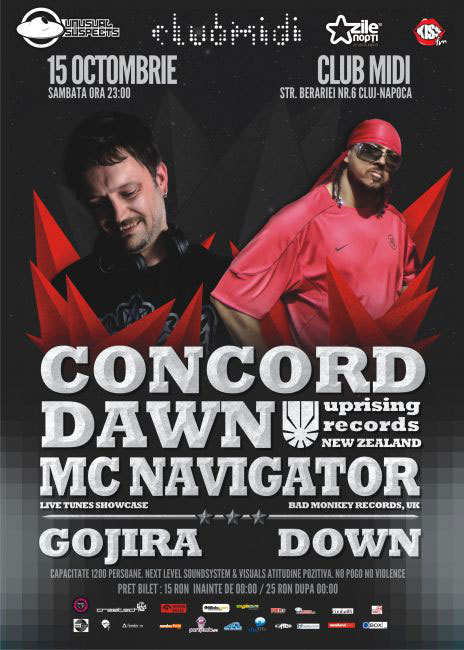
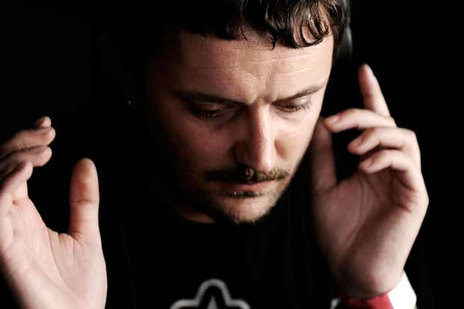
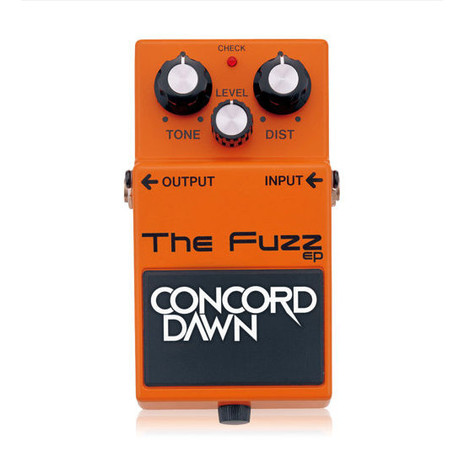
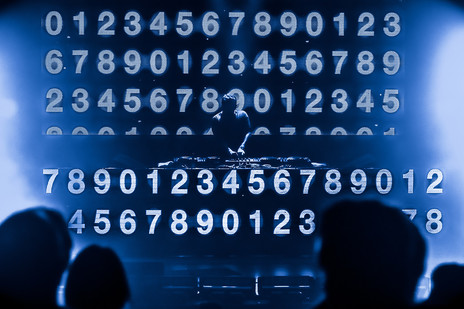
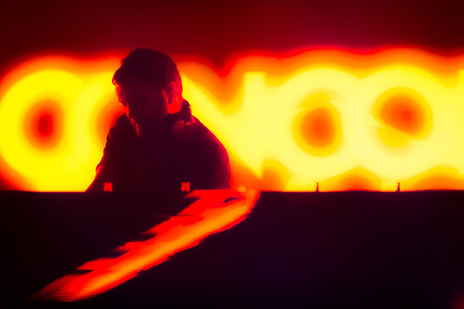
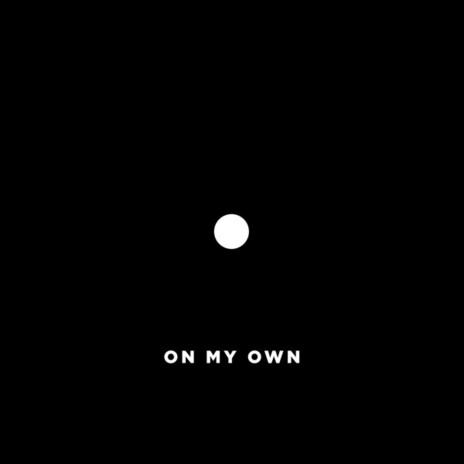
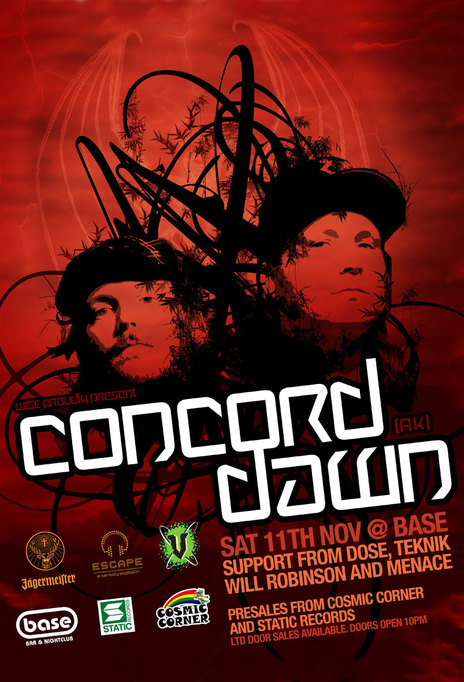
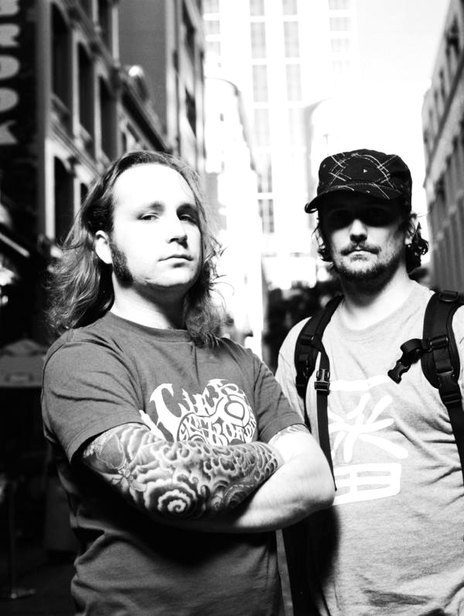
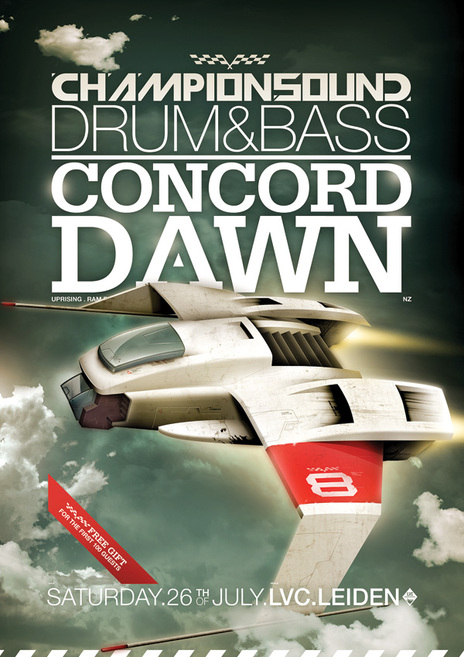
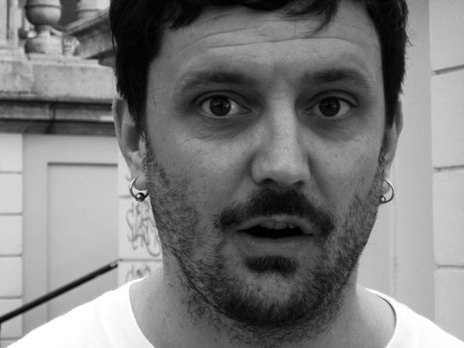
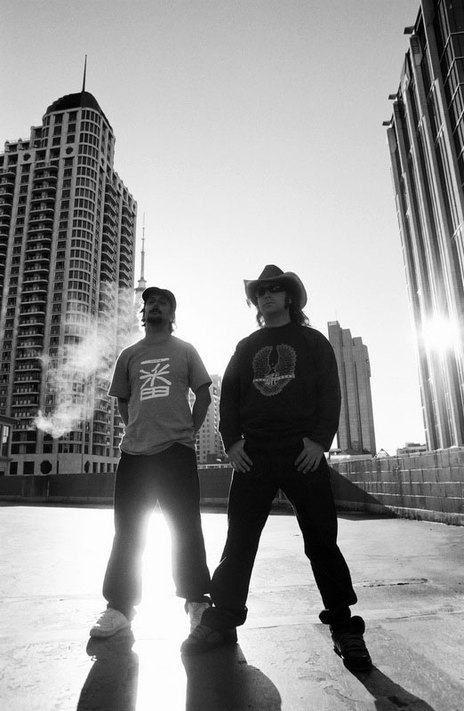
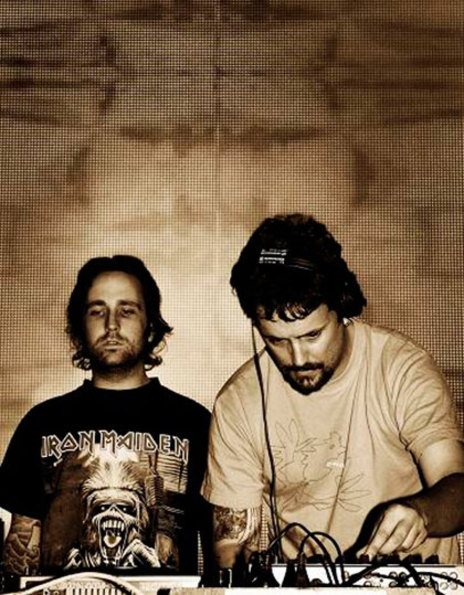
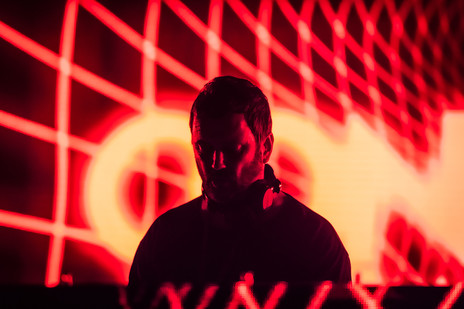
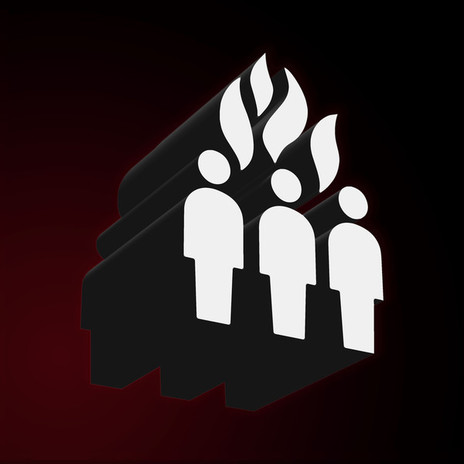
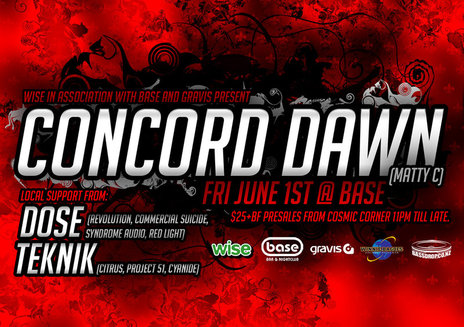
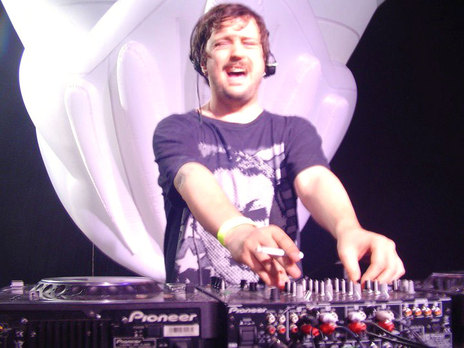
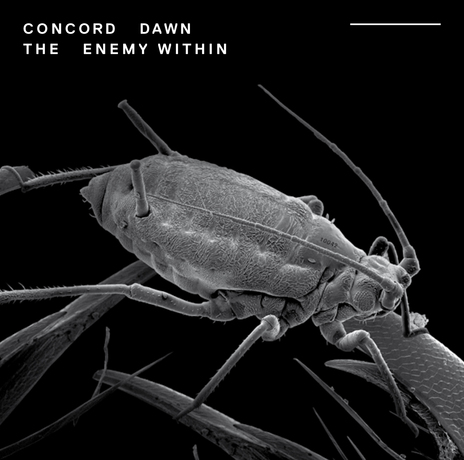
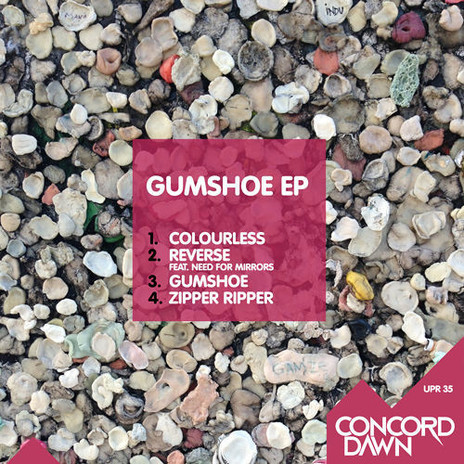
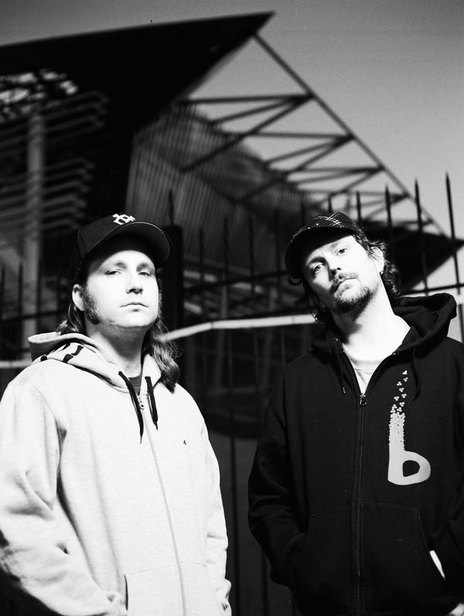
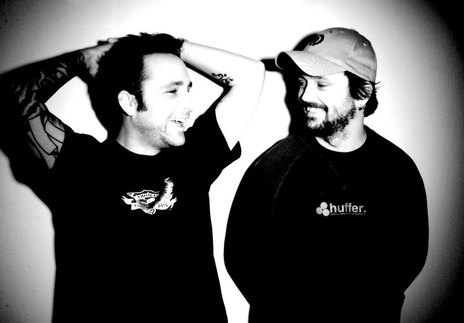
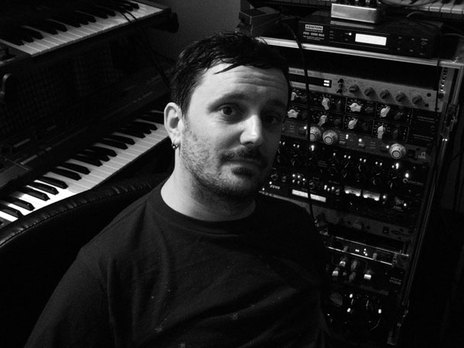
Evan Short
Matthew Harvey
Visit our sister site
NZ On ScreenMade with funding from
NZ On Air




